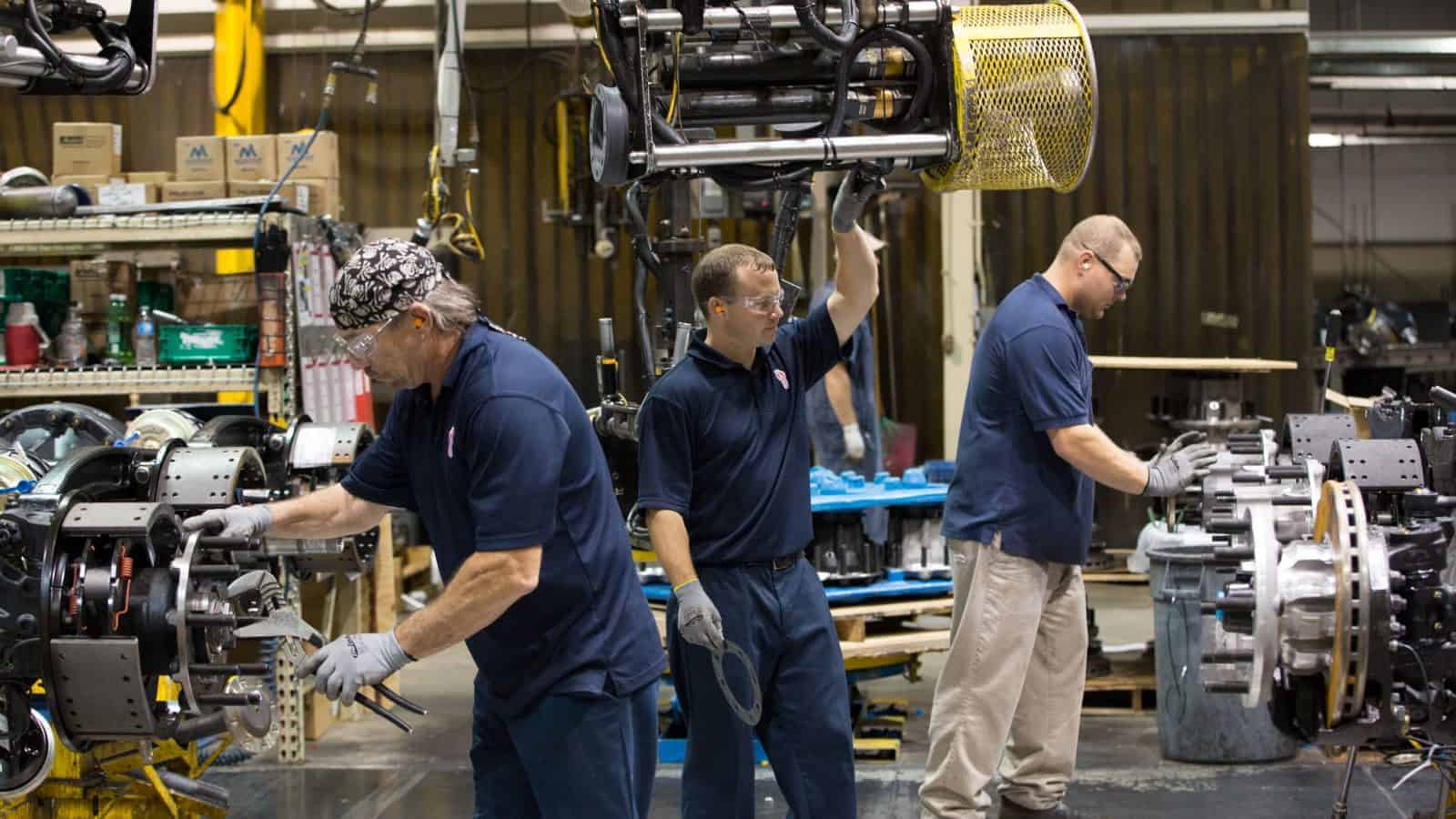California Emissions Law Will Harm Manufacturing

Large companies that do business in California will soon be required to report their greenhouse gas emissions to state regulators thanks to a new state law, according to USA Today.
What’s going on: “Signed by Gov. Gavin Newsom on Oct. 7, SB 253 requires the California Air Resources Board to form transparency rules for companies with yearly revenues exceeding a billion dollars by 2025. The first of its kind law in the U.S. will
impact over 5,000 corporations both public and private … ”
- Under the law, by 2026 major companies will need to report the amount of carbon produced by their operations and electricity.
- By 2027 they will need to disclose “Scope 3” emissions, or those attributable to their customers and suppliers.
Why it’s important: The effects of the law on manufacturing will be ruinous and widespread, according to Conference of State Manufacturers Associations Chair and Utah Manufacturers Association President and CEO Todd Bingham.
- “Manufacturers are committed to commonsense regulations that protect consumers and the environment,” Bingham said. “California’s new law is unworkable and makes it more difficult for manufacturers to grow, invest and hire—not just in the state, but across the country.”
- COSMA members serve as the NAM’s official state partners in driving manufacturing-friendly policies at the state level.
Costly and inaccurate: “[M]anufacturers will spend millions of dollars to fulfill [SB 253]’s requirements,” Lance Hastings, president of the California Manufacturers & Technology Association (an NAM state partner), said in a September statement. “The uncertainty and reliability of this data and the process required to comply with the legislation will not produce complete, accurate or comparable disclosures.”
- Last month, the CMTA submitted a request for veto of the California law to Gov. Newsom.
The SEC: The California measure follows the September finalization of a similar rule from the Securities and Exchange Commission that “require[es] publicly traded companies to disclose their emissions and climate-related risks to investors.”
- The rule—which the NAM has been actively working against—not only requires numerous unfeasible moves, but also imposes significant financial burdens on manufacturers, the NAM has said.
What should be done: “We hope California’s devastating policy is reversed and are grateful for the NAM’s coordinating efforts against regulatory overreach at the national level,” Bingham continued.
